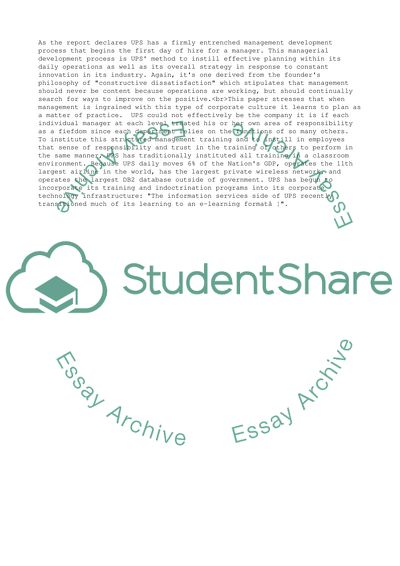Cite this document
(“Controlling at UPS Essay Example | Topics and Well Written Essays - 1250 words”, n.d.)
Retrieved de https://studentshare.org/management/1533640-controlling-at-ups
Retrieved de https://studentshare.org/management/1533640-controlling-at-ups
(Controlling at UPS Essay Example | Topics and Well Written Essays - 1250 Words)
https://studentshare.org/management/1533640-controlling-at-ups.
https://studentshare.org/management/1533640-controlling-at-ups.
“Controlling at UPS Essay Example | Topics and Well Written Essays - 1250 Words”, n.d. https://studentshare.org/management/1533640-controlling-at-ups.


